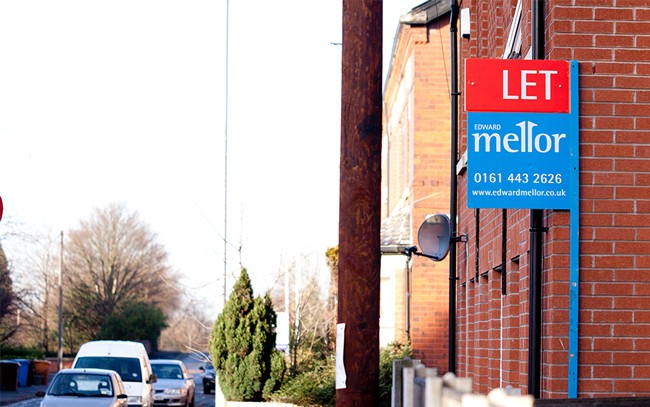
Becoming a landlord is a great investment but you must consider the potential costs associated with renting. Although you’ll have rent coming in – that will on the whole cover the costs of your mortgage – you must have a contingency budget to combat other potential one-off costs should things go wrong. These one of costs could be anything from repairs to furnishing the property. This article goes through some typical costs that you’ll need to consider.
If something goes wrong or if something breaks in the property, in some cases it’s up to you to pay for the repairs. You Tenant will probably inform you if anything goes wrong so it pays to have everything in tip-top condition before they move in to avoid any conflict. This could be costs for a plumber to fix a leak, or to replace a broken appliance. Remember to keep all receipts for repairs you’ve paid for, as these could be tax deductible.
Your biggest and most consistent payment will be your mortgage. Remember that mortgage tax relief is set to change over the next four years, with the eventual aim being that there’ll be a single allowance of 20% to claim across all tax bands.
You’ll need to spend a bit of money getting your property up to code. This includes fire safety precautions, electrical upgrades and more. There are extra compliances to consider if it’s going to be a House in Multiple Occupation (HMO), which is defined as a property with three or more unrelated people living in it. There are also refurbishment costs to consider, such as painting and decorating.
If you’ve decided to rent out your property as ‘furnished’, you might need to replace your old couches to ensure they’re fire resistant (they should have the fire safety label attached). You’ll also need budget to replace furniture that becomes damaged or unsafe as a result of everyday wear and tear.
Letting an agency handle your property means you don’t have to be ‘on-call’ for tenants. It also takes away some of the admin work. They usually charge around 10 to 15% of the rent, another cost to consider.
While tenants usually take on the responsibility for most monthly bills like gas and electricity, you’ll still be responsible for sorting out (and paying for) insurance. Take a look at our section on Legal cover and insurance for more information.